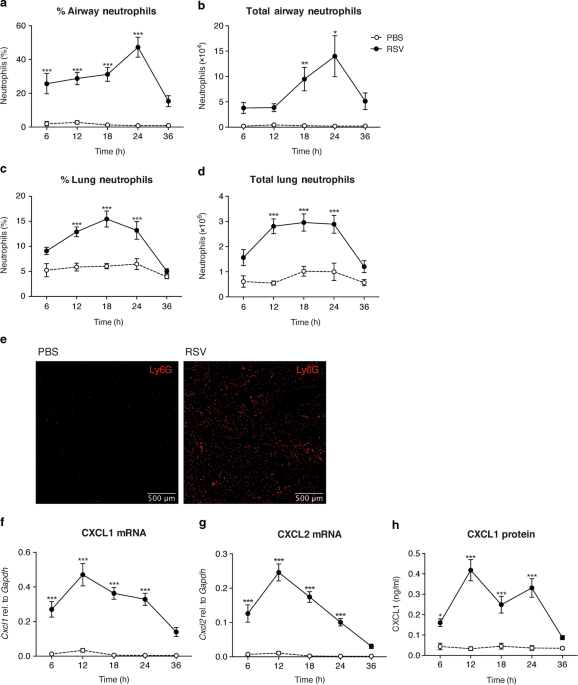- Select a language for the TTS:
- UK English Female
- UK English Male
- US English Female
- US English Male
- Australian Female
- Australian Male
- Language selected: (auto detect) - EN
Play all audios:
ABSTRACT Summary: This investigation examined factors that affect methylenetetrahydrofolate (methylene-H4 PteGlu) reductase activity in cultured human cells. Activity was demonstrable in
extracts of cultured normal human skin fibroblasts, amniotic fluid cells, and lymphoblasts. The velocity of the reaction was maximal at pH 6.3 in extracts of all three cell types.
Subcellular localization studies indicated that 83–94% of the reductase activity was extranuclear in the three cell types. The reductase activity was not substantially altered by growth of
lymphoblasts whether in Eagle's minimum essential medium (MEM) supplemented with homocysteine alone or with additional hydroxocobalamin and folic acid, or in media containing a 5-fold
greater concentration of methionine. In normal fibroblasts the methylene-H4 PteGlu reductase activity varied little when the confluent cells were exposed to media deficient in or
supplemented with varying amounts and combinations of methionine, homocysteine, folic acid, and cobalamin. Under our conditions the addition of purified _S_-adenosylmethionine to give a
final concentration of 48 mM in the assay reaction mixture reduced the reductase activity to 38% of control in the fibroblast extract and to 13% of control in the extract of rat liver. This
sensitivity to inhibition by _S_-adenosylmethionine and the lack of response to varied levels of methionine, homocysteine, folic acid, and cobalamin are further evidence that the reductase
activities in mammalian liver and fibroblasts are similar. Speculation: Cultured human skin fibroblasts and peripheral blood lymphoblasts may provide a useful, convenient system for studying
the biochemical-genetic regulation of 5,10-methylene-H4PteGlu reductase activity and, ultimately, of the levels of its folate product, 5-methyl-H4PteGlu. SIMILAR CONTENT BEING VIEWED BY
OTHERS METHIONINE SYNTHASE IS ESSENTIAL FOR CANCER CELL PROLIFERATION IN PHYSIOLOGICAL FOLATE ENVIRONMENTS Article 18 November 2021 METHIONINE SYNTHASE SUPPORTS TUMOUR TETRAHYDROFOLATE POOLS
Article 18 November 2021 MTHFD2 IN HEALTHY AND CANCER CELLS: CANONICAL AND NON-CANONICAL FUNCTIONS Article Open access 15 March 2024 ARTICLE PDF AUTHOR INFORMATION AUTHORS AND AFFILIATIONS
* the Department of Pediatrics and Center for Human Genetics, Genetics Unit, Children's Service, Massachusetts General Hospital, Harvard Medical School, Boston, Massachusetts, USA David
S Rosenblatt & Richard W Erbe Authors * David S Rosenblatt View author publications You can also search for this author inPubMed Google Scholar * Richard W Erbe View author publications
You can also search for this author inPubMed Google Scholar RIGHTS AND PERMISSIONS Reprints and permissions ABOUT THIS ARTICLE CITE THIS ARTICLE Rosenblatt, D., Erbe, R. Methylenetetrahy
drofolate Reductase in Cultured Human Cells. I. Growth and Metabolic Studies. _Pediatr Res_ 11, 1137–1141 (1977). https://doi.org/10.1203/00006450-197711000-00004 Download citation * Issue
Date: 01 November 1977 * DOI: https://doi.org/10.1203/00006450-197711000-00004 SHARE THIS ARTICLE Anyone you share the following link with will be able to read this content: Get shareable
link Sorry, a shareable link is not currently available for this article. Copy to clipboard Provided by the Springer Nature SharedIt content-sharing initiative KEYWORDS * Amniotic fluid *
fibroblasts * homocysteine * liver * lymphoblasts * methylenetetrahydrofolate reductase






